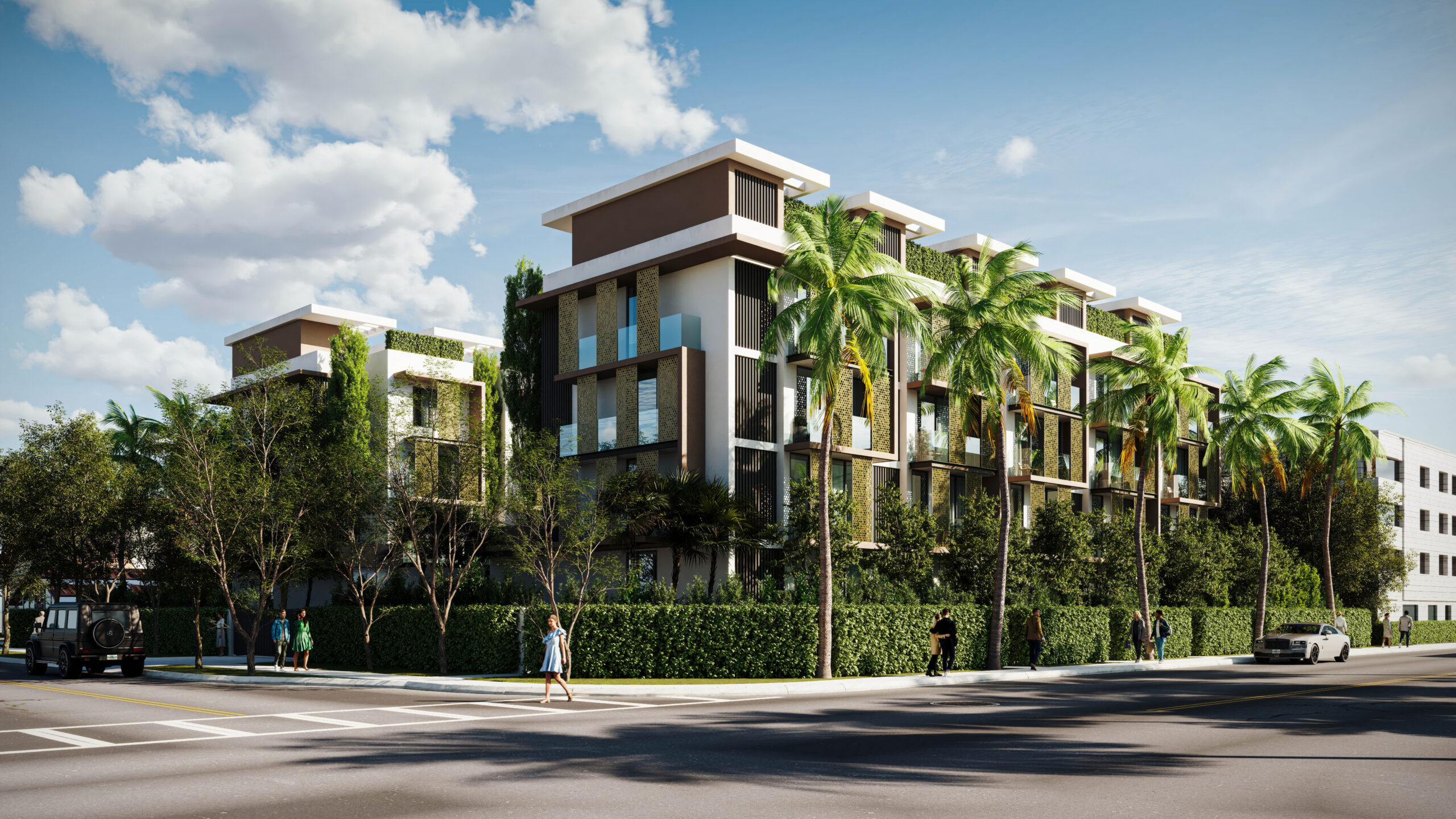1. Research and Identify the Right Preconstruction Project
Before diving into the buying process, thorough research is crucial. Look into various preconstruction projects in Miami, considering factors like location, developer reputation, amenities, and potential return on investment. Some popular areas for preconstruction properties include Brickell, Downtown Miami, and Miami Beach.
2. Hire a Real Estate Agent
A local real estate agent with experience in preconstruction properties can provide invaluable guidance. They can help you identify suitable projects, navigate the buying process, and negotiate terms. Ensure your agent has a strong understanding of the Miami market and a good track record with preconstruction sales.
3. Secure Financing
Preconstruction properties often require a different financing approach compared to existing homes. Many developers have preferred lenders that offer favorable terms for their projects. It’s important to get pre-approved for a mortgage to understand your budget and demonstrate your purchasing power.
4. Review the Developer’s Contract
Once you’ve selected a property, the developer will provide a purchase agreement. This contract outlines the terms and conditions of the sale, including the payment schedule, construction timeline, and any contingencies. It’s advisable to have a real estate attorney review the contract to ensure your interests are protected.
5. Make a Reservation Deposit
To secure your unit, you’ll need to make a reservation deposit. This initial payment is usually a small percentage of the total purchase price and reserves your chosen unit until the contract is signed. The amount varies by developer but typically ranges from 5% to 10%.
6. Complete the Purchase Agreement
After reviewing and agreeing to the terms of the purchase agreement, you’ll sign the contract and make a down payment, typically of 20%. The next installments are in a percentage of 10% each and will be paid at groundbreaking and top-off. The final remaining amount will be paid at closing. This payment schedule can vary but often includes several installments during the construction phase.
7. Monitor the Construction Progress
During the construction period, stay in regular contact with the developer and your real estate agent to monitor progress. Visit the site if possible, and review any updates or changes to the construction timeline. This period also offers an opportunity to select finishes and upgrades for your unit.
8. Finalize Financing
As the project nears completion, work with your lender to finalize your mortgage. This will involve a final approval process, which may include an appraisal of the property. Ensure all financial documents are in order and that you meet any additional lender requirements.
9. Perform a Final Walkthrough
Before closing, you’ll have the opportunity to perform a final walkthrough of your unit. This is your chance to ensure everything is completed to your satisfaction and that any agreed-upon upgrades or repairs are in place. Address any issues with the developer before proceeding to closing.
10. Closing the Sale
The closing process for a preconstruction property is similar to that of an existing home. You’ll sign the final paperwork, transfer the remaining funds, and receive the keys to your new property. Your real estate agent and attorney will guide you through this process to ensure a smooth transaction.
11. Move In and Enjoy
Once the closing is complete, you can move into your new Miami preconstruction property. Whether it’s a primary residence, vacation home, or investment property, you can now enjoy the benefits of your new acquisition.
Conclusion
Acquiring a preconstruction property in Miami involves several unique steps compared to buying an existing home. By conducting thorough research, working with experienced professionals, and staying involved throughout the construction process, you can successfully navigate the journey and secure your dream property in this vibrant city.


